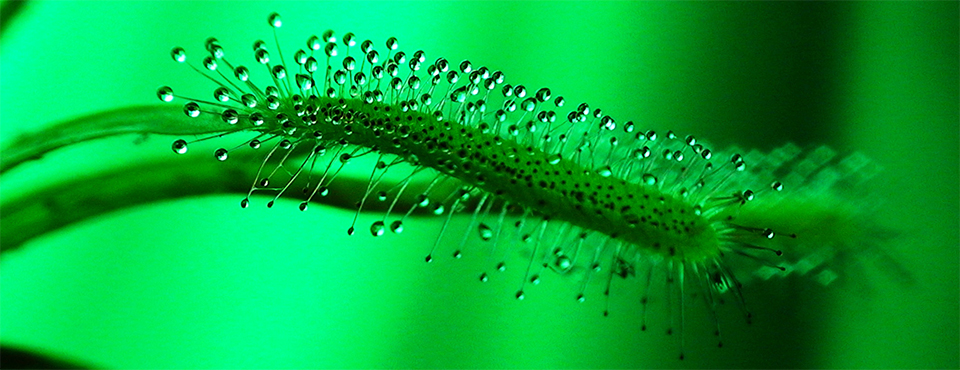How does Nature do it? Unlocking High-Performance Natural Composites with Computers to Inspire New Materials
 Professor Tiffany Walsh
Professor Tiffany Walsh
VESKI Innovation Fellow
Professor in Bio/Nanotechnology
Institute for Frontier Materials, Deakin University
High-performance materials can be found throughout Nature. Many of these are composite materials, formed by living organisms, comprising soft biological matter (such as proteins) and hard inorganic matter such as silica, hydroxyapatite and calcite – as can be found in shells, sponge spicules and teeth/bone. These materials have remarkable properties and typically cannot be reproduced in the lab with synthetic materials. Also, they are usually formed in water, under ambient conditions – the ultimate in “green fabrication”.
How does Nature do it?
Join Professor of Bio/Nanotechnology Tiff Walsh for a brief overview of this fascinating world of Nature’s advanced materials. Tiff will highlight how, with a body of research spanning around a century, we still have much to learn from these systems and how we might harness Nature’s rules for designing synthetic materials with novel properties using computer simulations. Such novel synthetic materials could promote advances in diverse areas of activity, ranging from technology, healthcare, energy through to interpretations of our cultural heritage.
About the Speaker:
After graduating with a B.Sci(Hons) from the University of Melbourne, Tiff Walsh earned her PhD degree in theoretical chemistry from the University of Cambridge, U.K. as a Cambridge Commonwealth Trust scholar. Following a Glasstone Fellowship in the Dept of Materials at the University of Oxford, in 2002 she joined the faculty of the University of Warwick in the Dept. of Chemistry. In 2012 Tiff returned to Australia to the Institute for Frontier Materials at Deakin University, where she is currently Professor of Bio/Nanotechnology. Her research interests focus on computational modelling of the interface between biomolecules and surfaces, using molecular simulations. She was appointed to join the Australian Research Council (ARC) College of Experts in 2015.






